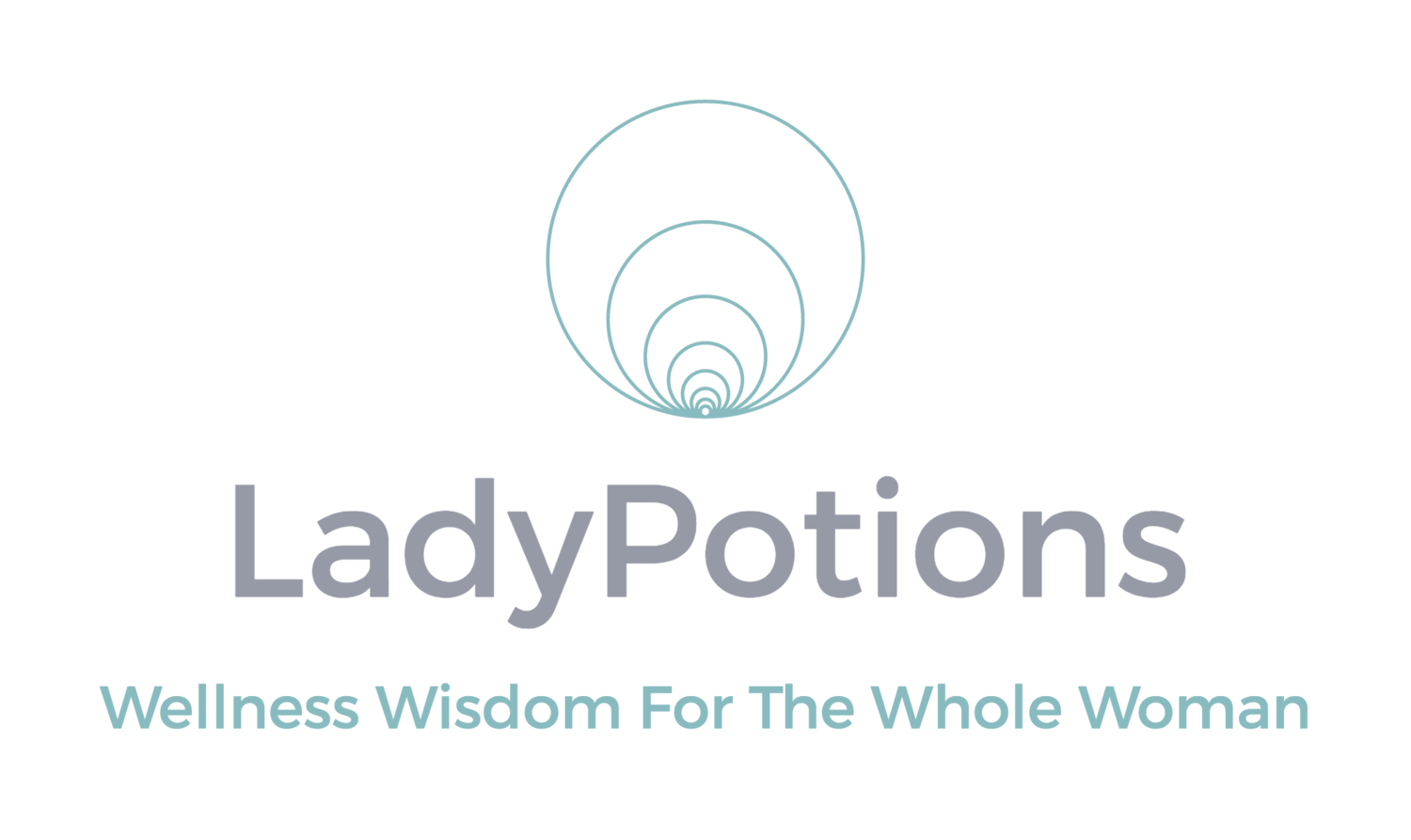How to Manage Endometriosis Naturally & Enhance Fertility
Description:
Despite having been recognized within medical literature for over a hundred years, Endometriosis remains a very poorly understood condition. In today’s episode, Hillary discusses exactly what it is, why it takes so long to diagnose in the first place, how it can impact fertility, long term implications, and natural treatment options.
Takeaways:
[3:15] Endometriosis is an estrogen-dependent benign inflammatory disease. It affects women during their pre-menarcheal reproductive and postmenopausal hormonal stages. It is defined as the presence and growth of endometrial tissue in locations outside of the uterus. Displaced endometrial tissue responds to cyclical hormonal changes, proliferating and shedding outside of the uterus, and the bleeding is then accompanied by inflammation caused by irritation of local tissues such as the peritoneum.
[6:28] The most conservative estimate is that Endometriosis is estimated to affect approximately one in ten women of reproductive age, which is approximately 176 million women in the world. It’s considered one of the most common gynecologic problems in the U.S. and a leading gynecologic cause of both hospitalization and hysterectomy. This may be a conservative number due to the fact that so many diagnoses are missed in teenage girls.
[7:29] Initially, endometriosis was related to retrograde menstruation, but new theories have been launched, suggesting that chronic inflammation can influence the development of endometriosis because inflammatory mediators have been identified elevated in patients with endometriosis. It’s not clear if this is the cause or an effect yet.
[10:26] A few of the factors to developing endometriosis include an early period before the age of 12, short menstrual cycles, a D&C procedure, and a genetic predisposition. One of the main ways to diagnose it is through laparoscopic surgery.
[15:20] Signs and symptoms include killer cramping before or during the menstrual cycle that does not respond to treatment, severe backache, bloating, and chronic fatigue. Additionally, women may experience constipation, swollen abdomen, intestinal gas, depression, and insomnia.
[19:22] Given its association with chronic systemic inflammation and oxidative stress, it’s theorized that there is a link between endometriosis and an elevated risk of atherosclerosis and subsequent coronary heart disease. Interestingly, also epithelial ovarian cancers may be higher in women with a history of endometriosis. In nearly 8,000 women with EOC (epithelial ovarian cancer), women with a self-reported history of endometriosis had three times the risk of clear cell EOC and double the risk of endometrioid and low-grade serous EOC, but no changes in risk of high-grade serous, or mucinous EOC. Again, increased risk of ovarian cancer. And finally, and this is really interesting, women with endometriosis have a very clear increased risk of hypothyroidism, fibromyalgia, chronic fatigue syndrome, other autoimmune conditions in addition to Hashimoto’s, including systemic Lupus, MS, and Sjogren’s, and also atopic disease is also significantly more common in women with endometriosis than women in the general U.S. population.
[25:32] The holistic approach to dealing with endometriosis encompasses treating both the pain and the root cause.
[36:32] A few of the natural treatments include Devil’s Claw, Melatonin, Adaptogens, and Medicinal Mushrooms. Also, it is important to decrease or eliminate foods that cause inflammation such as a high amount of dairy and animal products. One also must detoxify their liver and reduce stress and environmental exposures.
[36:32] A diet similar to the Mediterranean Diet seems to do well for those with endometriosis, as the focus is on healthy fats, lean meats and plenty of vegetables.
[54:38] Other options and treatments include speaking with a professional practitioner about an IUD, acupuncture and getting a pelvic or abdominal massage. Many places will teach you the art of doing the massage technique on yourself so you can administer it on your own time.
Continue Your Journey:
References
https://www.ncbi.nlm.nih.gov/pubmed/17007852?dopt=Abstract&holding=f1000
Porpora M, Brunelli R, Costa G, et al. A promise in the treatment of endometriosis: an observational cohort study on ovarian endometrioma reduction by N-acetylcysteine. Evidence-Based Complementary and Alternative Medicine. 2013; April. Article ID 240702
Disclaimer
You must not rely on the information in this podcast as an alternative to medical advice from your doctor or other professional healthcare provider.If you have any specific questions about any medical matter you should consult your doctor or other professional healthcare provider. If you think you may be suffering from any medical condition you should seek immediate medical attention. You should never delay seeking medical advice, disregard medical advice, or discontinue medical treatment because of information on this website or in this podcast.





